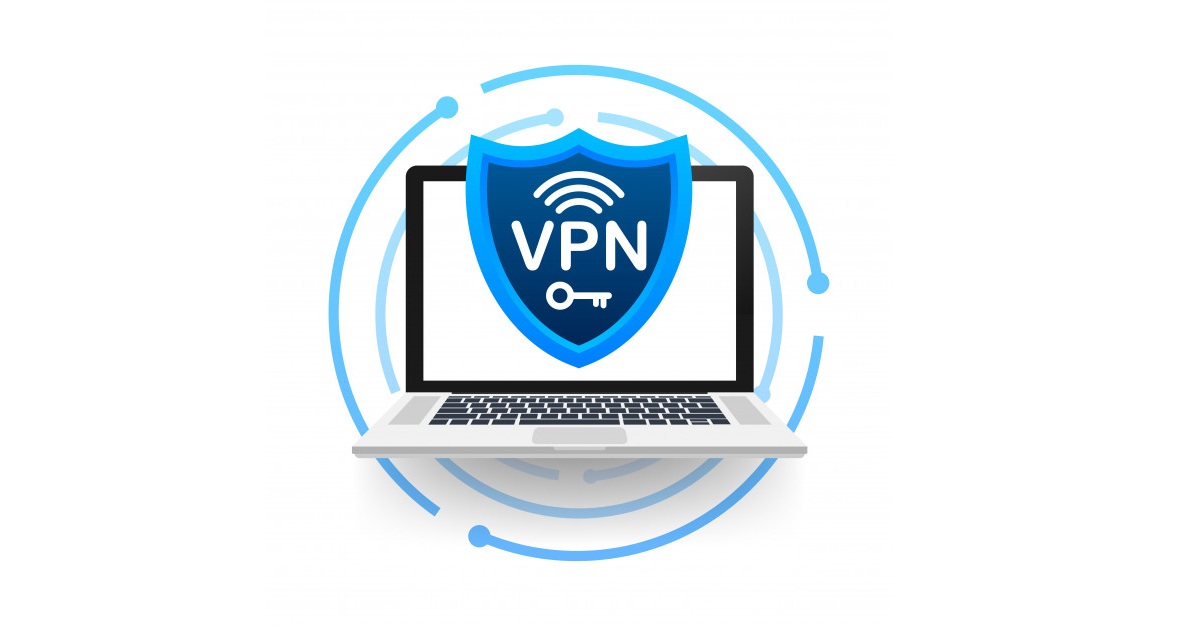Untangle Releases of its Award-Winning Flagship Product, NG Firewall Including the Addition of WireGuard VPN
Untangle | October 14, 2020

Untangle®, Inc., a leader in comprehensive network security for small-to-medium businesses (SMBs) and distributed enterprises, today announced the latest release of its award-winning flagship product, NG Firewall. NG Firewall 16.0 includes significant updates including the addition of WireGuard VPN which allows for VPN options to fit any type of networking deployment and administrative preferences, better addressing any organization's critical VPN connectivity needs.